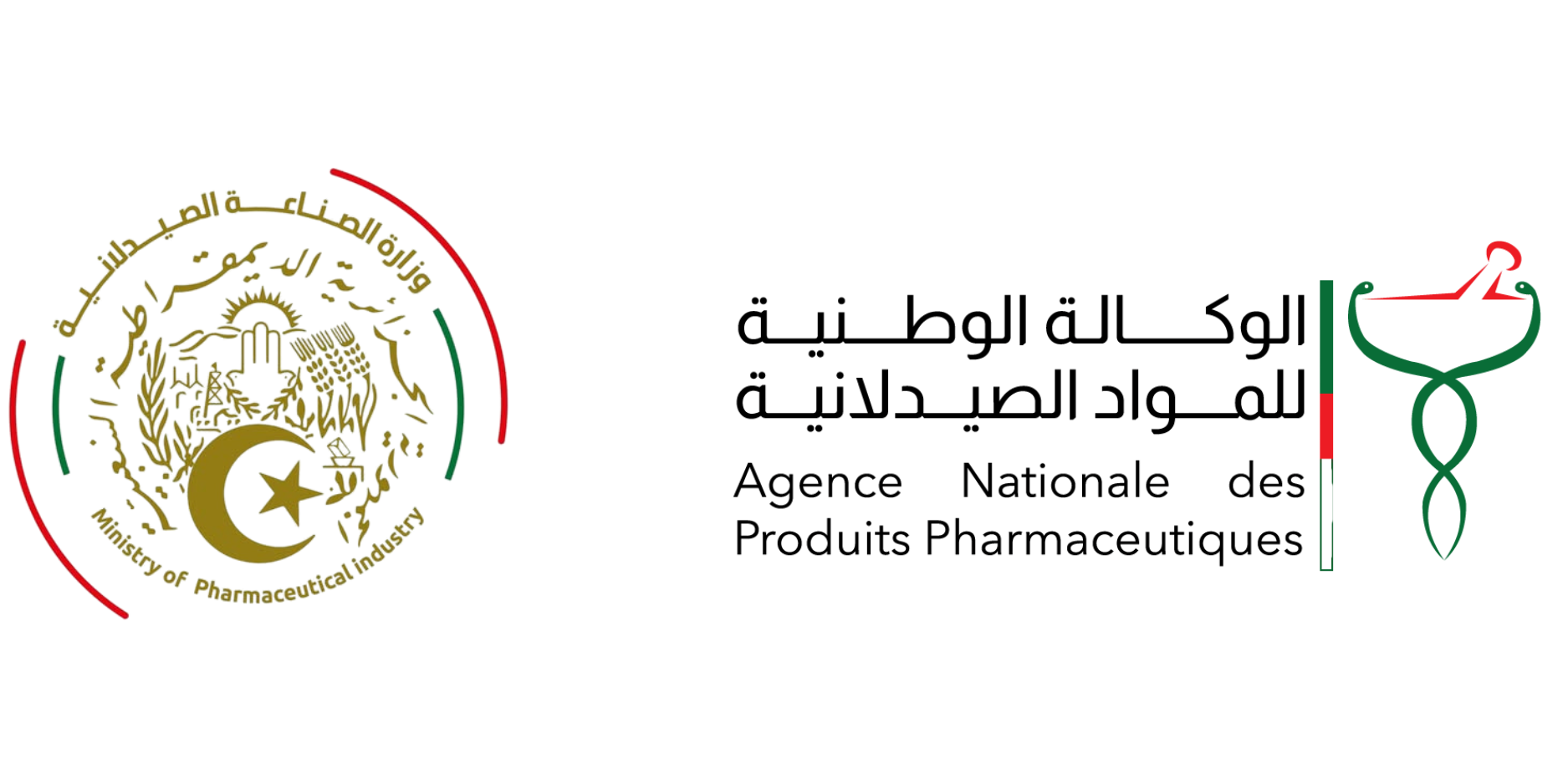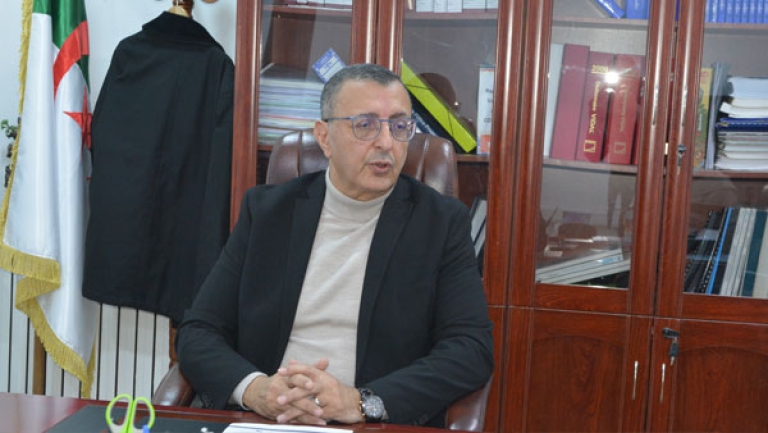Saidal’s bioequivalence center puts an end to the pending drug registration crisis
94 therapeutic categories switch from import to export, including cancer drugs
The Director of the National Agency for Pharmaceutical Products, Dr. Chérif DELIH, revealed that a green corridor has been allocated to the central pharmacies of hospitals, subjecting the drugs they supply to control and release within a period not exceeding three days for drugs, thus giving them priority to ensure their continued availability.
Dr. Delih said in an interview with ‘ El Massa ‘ that the delay in supplying the hospitals’ central pharmacy with drugs and blood derivatives was not due to a delay in releasing batches of drugs, but rather to the procedures to be followed to guarantee safe healthcare products for patients.
There has been a shortage of drugs in warehouses in the Central Pharmacy due to the delay by your agency in releasing batches of drugs. What is the reason behind this?
I would like to point out that there is no delay in the release of batches destined for the central pharmacy of hospitals, as the agency has set aside a green corridor for this purpose in order to speed up control procedures. In reality, it’s a matter of complying with the required legal procedures, starting with the technical and regulatory stage, followed by microbiological testing of blood derivatives. These products are subject to rigorous sanitary surveillance by four approved national public laboratories. This type of treatment cannot be released at short notice simply because of a reported shortage.
Another important point to emphasize is that it is impossible to speed up biological control procedures, which require a minimum of 16 days before safety results can be obtained. I would like to reiterate that the agency can in no way be held responsible for a shortage of drugs in hospitals due to control procedures, for the simple reason that central hospitals’ pharmacy stocks are required to have a reserve covering 90 days’ needs.
What about temporary import authorizations for drugs?
Temporary import authorizations supplied by the central pharmacy of hospitals are declining due to the increase in local drug production
How many decisions have been taken on drug registration ?
The number of drug registration decisions reached 1010. There’s one very important thing I’d like to point out: some products have switched from import to domestic production, such as cancer drugs and dental anesthetics.
With regard to quality management in drug control, what are the main measures taken by the agency to obtain ISO 9001 certification?
We are currently working in coordination with an approved consultancy firm to support the agency in obtaining ISO 9001 certification for drug control within the next year. 9001 We also aim to achieve the third and fourth control levels recognized by the World Health Organization (WHO). This effort will reinforce the value of Algerian drugs, already recognized for their high quality, and increase their international marketing opportunities once this accreditation is obtained.
How far has the process of digitizing the sector come?
Following the example of all state institutions, the agency has implemented the directions of the President of the Republic, Mr. Abdelmadjid Tebboune, who insisted on the need to adopt digitization as a means of ensuring transparency in management. With this in mind, the agency has launched the process of digitizing drug registration. From now on, operators will no longer be required to travel to the agency’s head office or annexes to register. They will be able to submit their preliminary files online for processing, while paying only 25% of the registration fee, compared with 100% previously.
If the files are accepted, the remaining 75% registration fee must be paid, and all procedures can be finalized digitally, with the exception of certain documents that cannot be submitted scanned. Another key point to emphasize is that, as part of the digital transition, the agency has undertaken the complete digitization of operators’ paper archives. This initiative is designed to facilitate the processing of applications and guarantee rapid access to all information relating to operators from the time they first submit an application. The agency also plans to launch a new digital platform later this year, called eCTD (Electronic Common Technical Document). This system will streamline the processing of operators’ files, simplifying a number of administrative procedures and reducing bureaucracy, which is often responsible for delays in the supply and availability of drugs on the market.
I would like to emphasize that the agency is working to remove all the obstacles encountered by operators in the pharmaceutical sector by introducing new digital services, in addition to existing services such as online appointment booking and electronic notifications and inquiries. These services provide answers to questions concerning the registration of medicinal products for human use and biological products, and explain the steps involved in these procedures.
With regard to medication leaflets, there is a constant evolution in the use of medication. Are there any specific measures in this area?
the periodic revision of drug leaflets is a very important task. As soon as a new therapeutic indication appears for a drug, it is registered at the time of the drug’s registration, taking into account its importance and the evolution of drugs. As a result, all procedures are required to update them. the updating process is of particular importance, especially for patients taking the same medication over long periods of time.
With regard to joint inspections with the Ministry of Commerce. How many have there been?
With regard to inspection results, the agency carried out 133 operations in 2023, which led it to various wholesalers and distributors in order to deal with several problems, including speculation, illegal storage of drugs, and combined sales. Legal action has been taken against offenders, and we will continue our joint inspection operations in the event of new developments during the current year.
Saidal group has a national bioequivalence center. How will this support the agency’s work?
The launch of the bioequivalence center is a first in the history of the new Algeria, and a real achievement for the pharmaceutical sector in Algeria. In fact, bioequivalence operations were costing operators considerable sums, forcing them to carry them out abroad at high prices, in addition to the difficulties involved in transferring money abroad to pay these costs. However, it is now possible to carry them out in Algeria, thus resolving the crisis of pharmaceutical operators whose files were on hold due to the non-acceptance of foreign bioequivalence certificates, making it impossible to register their drugs.
The launch of this center will generate substantial financial revenues for Algeria, helping to support the national economy on the one hand, and facilitating the registration of drugs for which bioequivalence certification is mandatory on the other.


